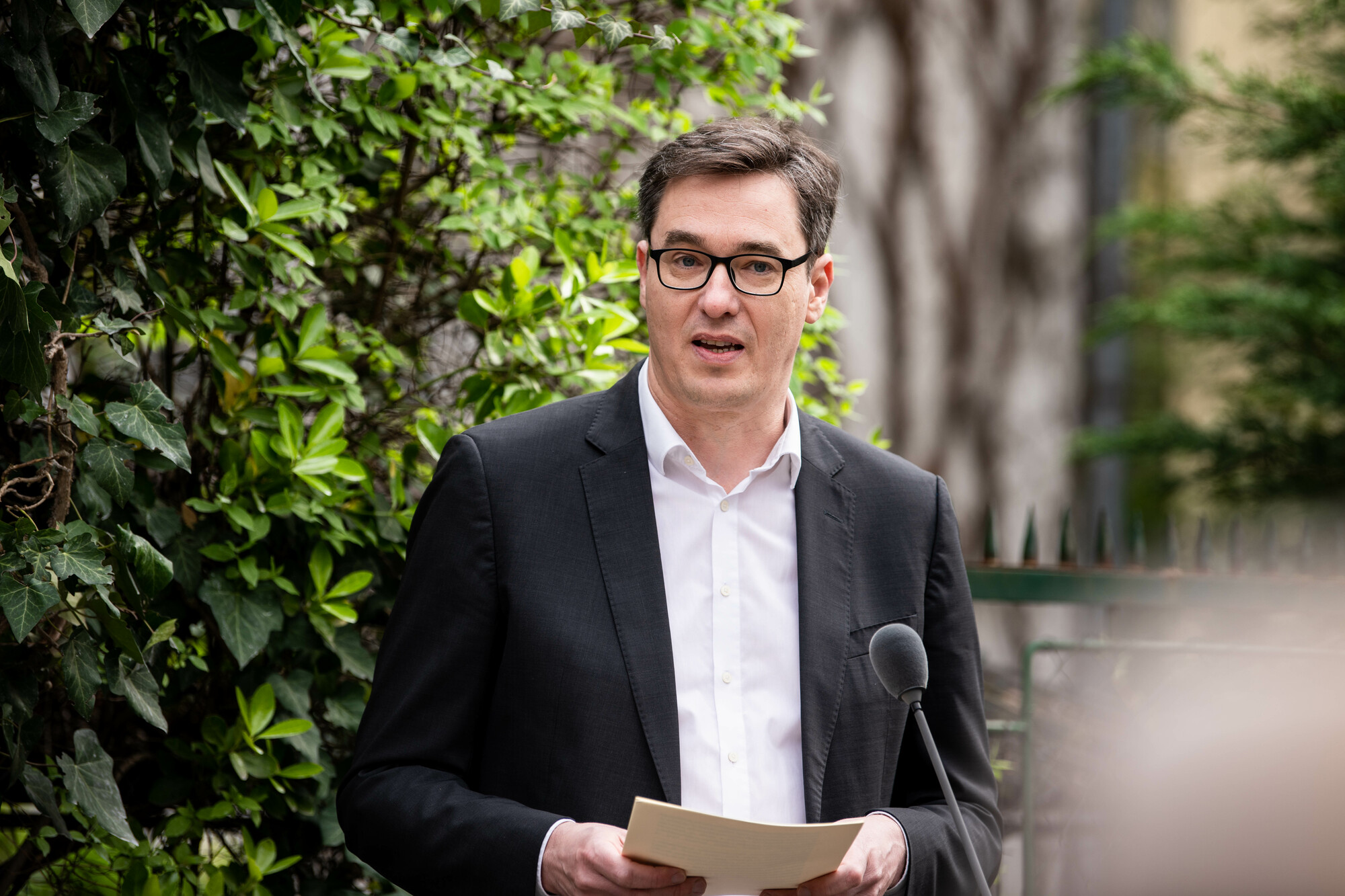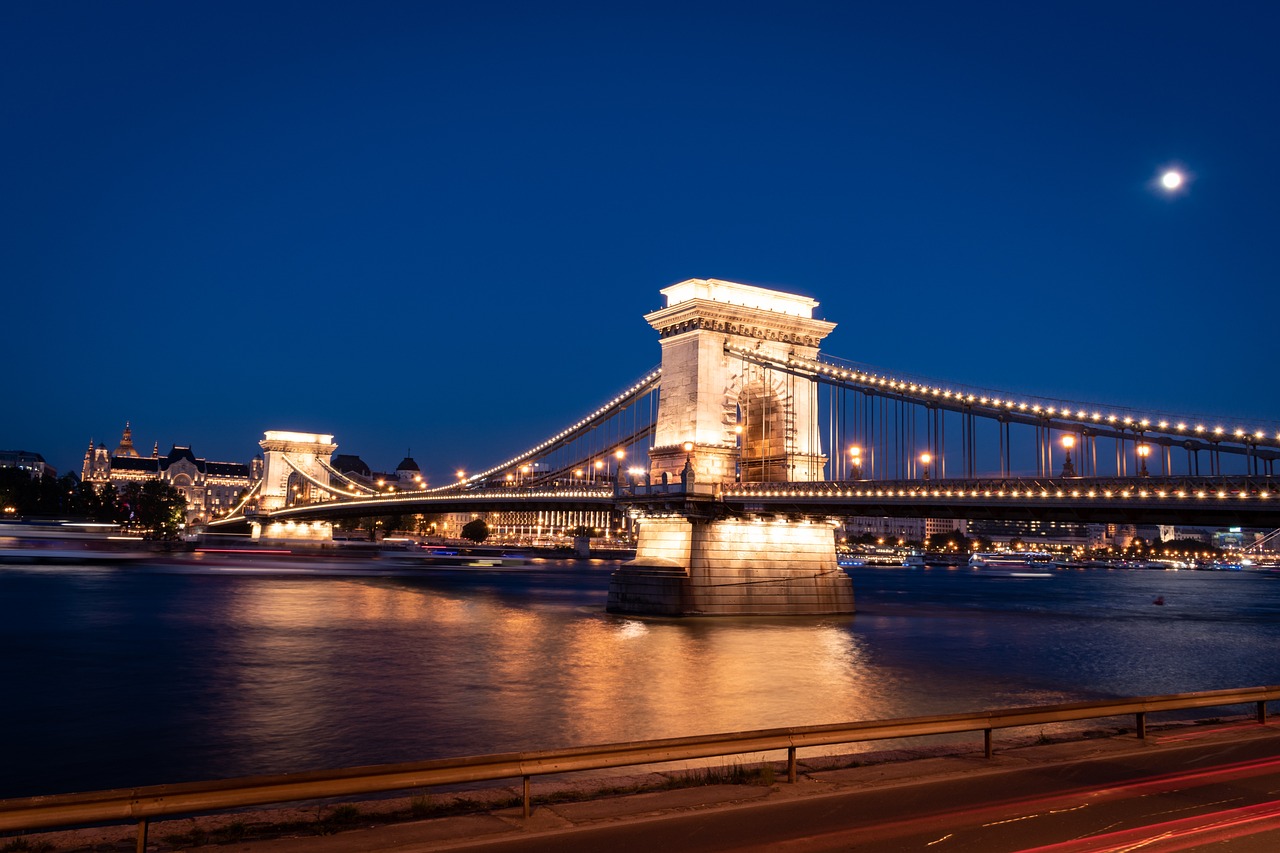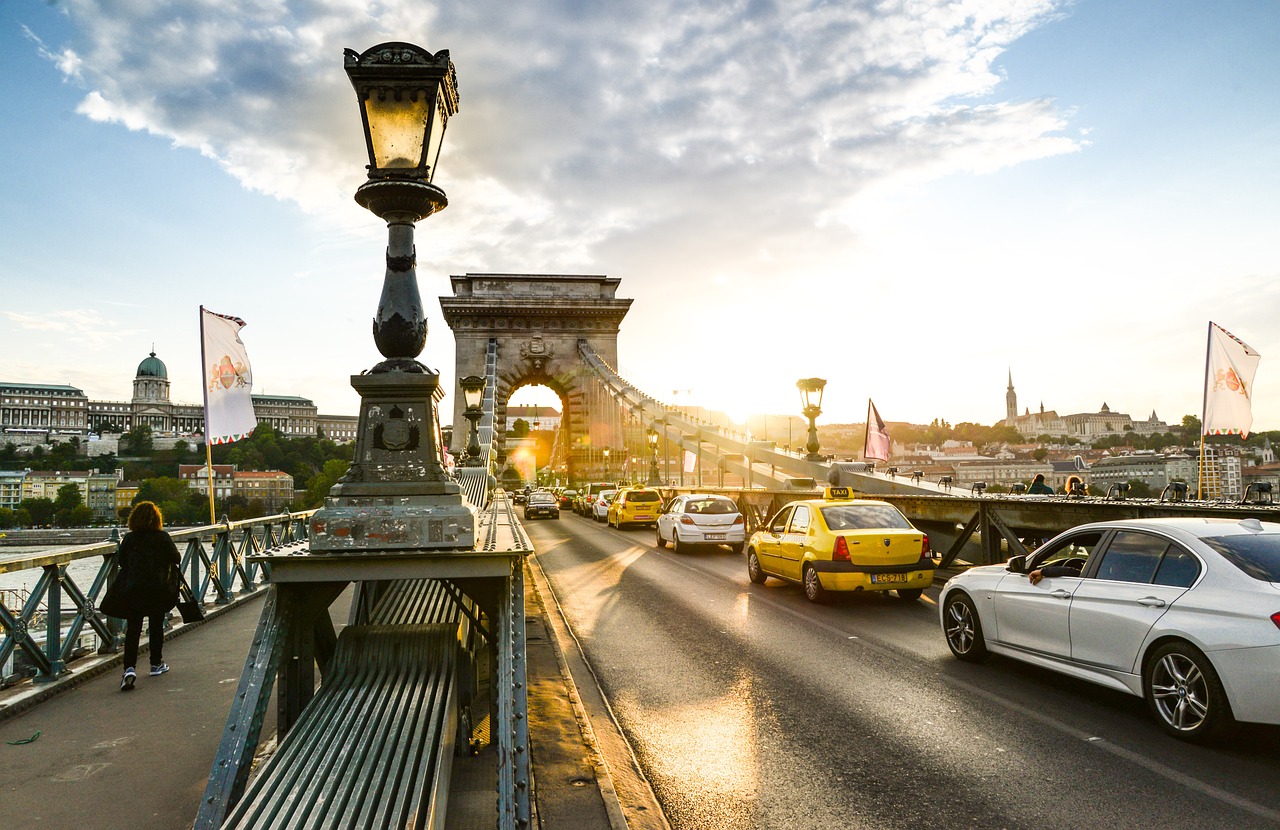
According to the minister, the financial situation of the capital is threatened by the irresponsible, wasteful management of the capital since 2019.Continue reading

The capital’s administration recently came up with an idea of what they called a ‘Budapest Residents’ Meeting’. Those living in the capital were asked, among other things, whether the recently renovated Chain Bridge should be open to motorists in the future. The consultation received 136,000 responses in the city of two million inhabitants, but the opposition mayor took the responses as an endorsement of his policies and announced his decision to keep the bridge car-free.
Mayor Gergely Karácsony announced this week that nearly 80 percent of respondents in Budapest would maintain the current traffic regime on the Chain Bridge, meaning that only taxis, buses, motorbikes, and cyclists would be allowed to use the bridge in the future. “The people of Budapest have chosen the future,” said the Mayor.
However, it is worth looking at the exact figures:
The population of Budapest is estimated at 1.72 million according to the latest 2022 census, meaning that only around nine percent of the local population eligible to vote (1.4 million) completed the consultation launched by the capital’s administration.
The questionnaire is therefore far from effective, as the majority of the capital’s population chose to ignore it. This raises the question as how can the mayor base such a crucial decision on such a small sample of responses.
At the press conference announcing the results, Karácsony tried to avoid the issue of the number of respondents, not wanting to compare the results, but said that the decision of 136,000 people could be part of a “political culture change.”
He added that the result “imposes a clear obligation on all decision-makers.”
In a Facebook post on Monday, Karácsony compared the turnout to the only online national consultation. He recalled that in terms of proportions, the turnout of the Budapest Residents’ Meeting was almost double the five percent who participated in the government’s online national consultation last year. However, the mayor conveniently failed to mention that national consultations in Hungary are traditionally conducted in written form, with the number of respondents often around one million.

Photo: Pixabay
There is no data available yet on how many respondents of the Budapest questionnaire were government or opposition voters. However, a representative survey from Medián and the 21 Research Center revealed at the beginning of June that among government voters, there is an overwhelming majority (66 percent) in favor of car traffic being restored on the Chain Bridge, compared to only 19 percent of opposition voters.
Renovation work is still ongoing on part of the Chain Bridge, but since mid-December, buses, taxis, motorbikes, and micro-mobility vehicles have been able to travel through freely. The Mayor has now announced that he will instruct the Budapest Transport Center to finalize the current traffic regime on the bridge, banning cars.
Closing the Chain Bridge in the central part of Budapest to cars is not a solution to the capital’s traffic problem, because it will only divert traffic to other bridges, such as the Elizabeth Bridge, which is already very busy, or Margaret Bridge, where traffic jams are common as well.
Therefore, closing the Chain Bridge could actually lead to more traffic jams, slower progress, and more air pollution.
There is also a serious dispute between the government and the capital about the Chain Bridge and the cost of its renovation. As Hungary Today reported earlier, the condition of the HUF 6 billion (EUR 16.2 million) government support for the bridge was that the total or partial restriction of vehicle traffic should not exceed 18 months. This agreement was signed by Karácsony himself, said the Budapest branch of the governing party Fidesz earlier.
As a consequence, it might be questionable whether the government will pay the capital the amount it is due after the current announcement, which blatantly contradicts the previous agreement.
Meanwhile, the Budapest questionnaire did not only focus on the Chain Bridge. Among other things, the residents of the capital were asked whether they would prefer the capital to suspend the payment of government taxes (the so-called solidarity contribution) or reduce the number of public transport services. Unsurprisingly, a significant proportion of the voters at the meeting, 88 percent, do not want fewer trams or less frequent metro services.
Featured photo via Pixabay